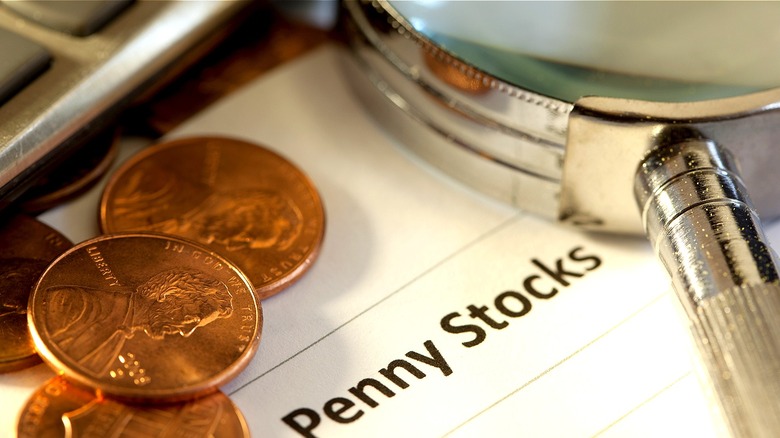What Should You Do If You Own A Stock That Gets Delisted?
In the past, Money Digest has talked about what it means when a stock is delisted, but knowing the mechanics of the delisting process won't be much consolation if you're an investor who still happens to own shares in a delisted company. To be clear, delisted shares refer to shares that have been permanently removed from a stock exchange, preventing buying and selling on that exchange.
In a best-case scenario, the delisting is voluntary and is likely to be beneficial for investors. That's because the company needs to incentivize shareholders to go along with the requested delisting and a common way to accomplish that is by paying a premium price for the shares. Investors will typically receive cash for their shares or possibly an equivalent number of shares in the acquiring company, if applicable.
Unfortunately, such a rosy scenario doesn't always present itself. Oftentimes, a delisting isn't voluntary. That means that a company's shares could be forcibly delisted, for reasons including such financial difficulties as bankruptcy, legal problems, low trading volume, or other undesirable circumstances.
Delisted companies are sold over-the-counter
Even when a company is involuntarily delisted, that doesn't necessarily mean shareholders will lose their entire investment. Investors can still trade delisted shares over-the-counter, or OTC. However, much like after-hours trading, the OTC markets will have diminished liquidity (that is, fewer buyers and sellers) than regular stock exchanges. Therefore, transaction costs may be higher and the bid-ask spread (the gap between the buying and selling price) may be larger. Still, shareholders will be able to recover potentially at least some of their investment by selling in the OTC market, which is better than losing everything.
On the other hand, since your shares already experienced a significant decline in price, it could be worth taking the risk to continue holding those shares in hopes that the company can turn its bad fortunes around. While it's certainly possible for a delisted company to eventually get relisted, it isn't terribly likely. That's because the financial stress that caused the delisting to begin with will likely be exacerbated once access to stock market funding disappears.
Still, there have been a few success stories. For example, PC manufacturer Dell Technologies returned to the New York Stock Exchange (who gets to ring the bell at the NYSE, anyway?) in 2018, following a five-year absence from public trading.
Watch for signs of delisting
In summary, sudden ownership of shares in a delisted company is a watershed moment for investors to be sure. If the company is voluntarily going private, the delisting process could be profitable for investors, since the potential to receive above-market value for shares is high. However, if the company is continuing a rapid growth and profit trajectory, no longer being involved as an investor could be perceived as a negative.
Shareholders of involuntarily delisted companies, however, will have bigger problems than potentially missing out on future gains like their voluntary counterparts. Shares will likely have plummeted in price, rendering the delisted shares as quintessential penny stocks. What diminished value does remain may be cumbersome to extract via a sometimes erratic and always illiquid over-the-counter market. Some investors may decide that given what little capital can be salvaged, a better alternative could be to continue owning the delisted shares in hopes of a future turnaround at the underlying company.
This said, perhaps the best strategy is to not get stuck with involuntarily delisted shares to begin with. The road to getting delisted is a long one. Affected companies will receive warnings from their respective stock exchanges and additional time will be granted to correct the situation. Attentive investors will witness a plunge in share price and, in particular, institutional investors will shed their positions. As well, the company may attempt a reverse stock split to shore up share price (e.g., five shares trading at $1 each will consolidate into a single $5 share). As painful as it may be to take a loss on your investment, the alternative of an involuntary delisting could be worse.


